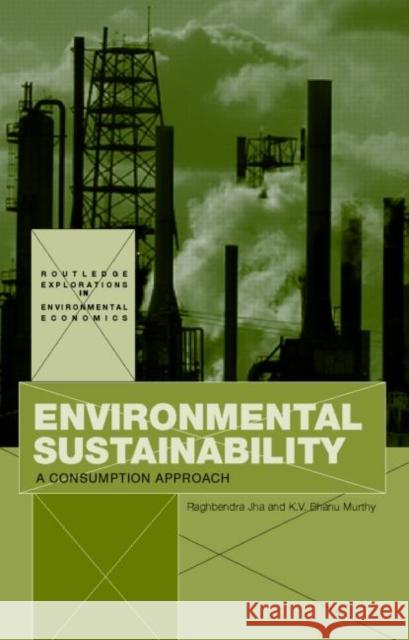Environmental Sustainability: A Consumption Approach » książka
Environmental Sustainability: A Consumption Approach
ISBN-13: 9780415363464 / Angielski / Twarda / 2006 / 240 str.
Environmental Sustainability: A Consumption Approach
ISBN-13: 9780415363464 / Angielski / Twarda / 2006 / 240 str.
(netto: 839,61 VAT: 5%)
Najniższa cena z 30 dni: 856,36
ok. 16-18 dni roboczych.
Darmowa dostawa!
With globalization fast becoming an irreversible process, it is necessary to pay increased attention to the implications for environmental sustainability. However, the so-called environmental Kuznets curve (EKC) argument implies that rapid economic growth in many developing countries should be environmentally unsustainable. Environmental Sustainability addresses this dichotomy and articulates a notion of consumption sustainability that is both universal and pertains to the indefinite future. Additionally, it emphasizes the importance of addressing a broad spectrum of sources of environmental degradation and relates this measure to an index of economic achievement more complete than per capita income. As well as the EKC, authors Jha and Murthy also critique the Environmental Sustainability Index (ESI) and empirically substantiate the proposition that a certain type of development in the presently high-income countries is primarily responsible for global environmental degradation. Several policy conclusions for global environmental management are also advanced. Throughout, Jha and Murthy comprehensively evaluate existing approaches to environmental sustainability and critically review empirical studies of environmental degradation, and economic development, making this an invaluable source of information for those concerned with environmental economics and political economy.











